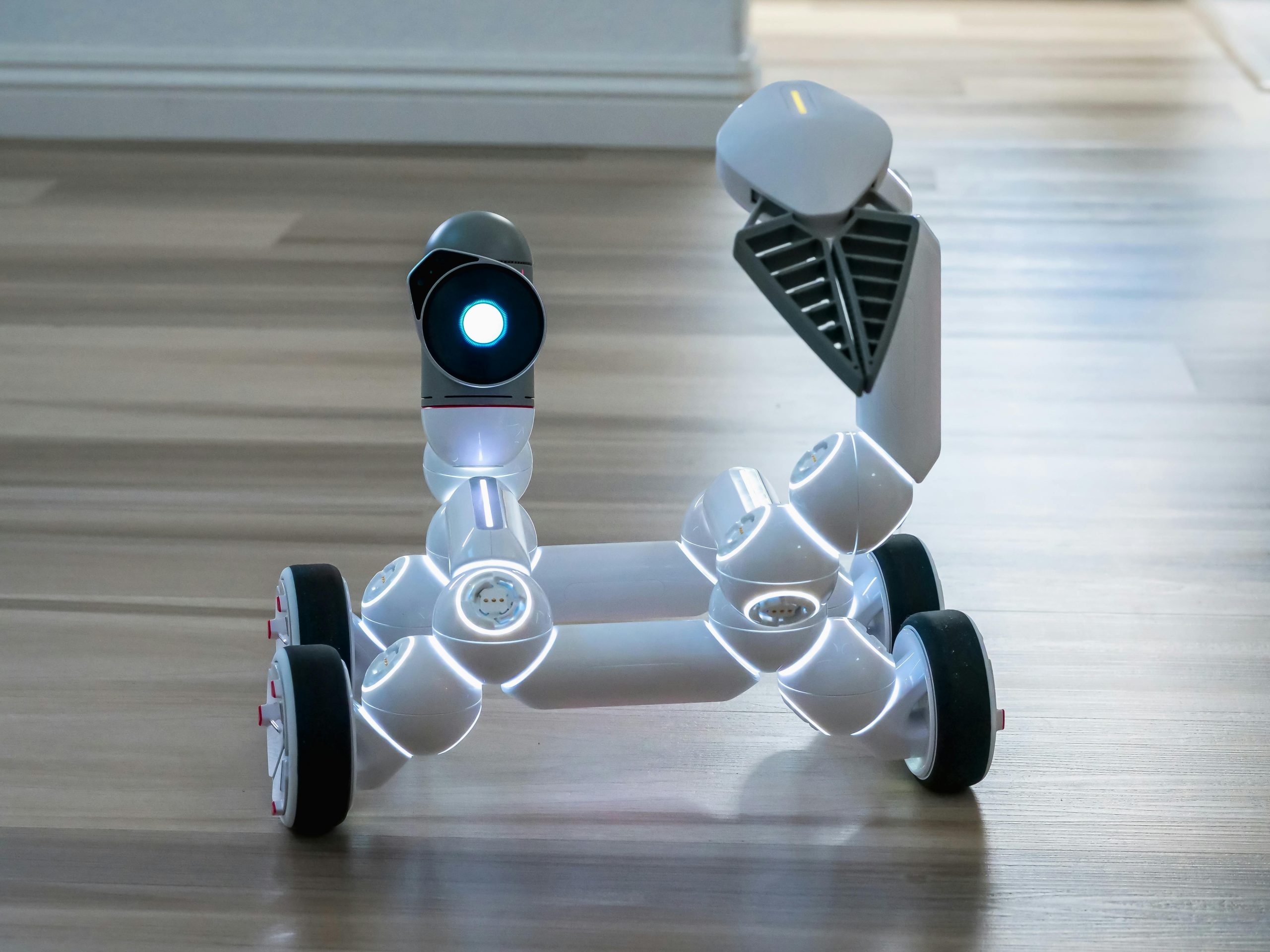
Imagine walking into your home, and the lights automatically adjust to your preferred brightness, the thermostat sets itself to the perfect temperature, and your favorite playlist starts playing—all without lifting a finger. This isn’t science fiction; it’s the reality of smart home technology powered by artificial intelligence (AI). AI is transforming modern living spaces, making them more intuitive, efficient, and secure than ever before. From voice assistants to predictive automation, AI-driven smart home devices are redefining convenience and comfort.
The Role of AI in Smart Home Automation
AI is the backbone of modern smart home systems, enabling devices to learn from user behavior and adapt accordingly. Unlike traditional automation, which follows pre-programmed rules, AI-powered systems analyze data in real-time to make intelligent decisions. For example, smart thermostats like Nest or Ecobee use machine learning to understand your schedule and preferences, optimizing energy usage without manual input.
Voice assistants such as Amazon Alexa, Google Assistant, and Apple’s Siri leverage natural language processing (NLP) to interpret and execute commands seamlessly. These AI-driven platforms can control multiple devices, answer questions, and even anticipate needs based on past interactions. The more you use them, the smarter they become, creating a truly personalized home experience.
AI-Powered Security and Surveillance
Home security has seen a significant upgrade thanks to AI. Smart cameras and doorbells, like those from Ring or Arlo, use facial recognition to distinguish between family members, guests, and potential intruders. These systems can send real-time alerts and even integrate with law enforcement if suspicious activity is detected.
AI also enhances motion detection by reducing false alarms. Instead of triggering alerts for every movement, these systems analyze patterns—such as the difference between a passing car and a person approaching your door—to provide more accurate notifications. Some advanced systems can even predict potential security breaches by monitoring unusual behavior over time.
Energy Efficiency and Sustainability
One of the most impactful benefits of AI in smart homes is its ability to promote energy efficiency. Smart appliances, such as refrigerators, washing machines, and HVAC systems, use AI to optimize performance based on usage patterns. For instance, a smart refrigerator can adjust its cooling cycles to save energy while keeping food fresh.
AI-driven energy management systems, like those from Sense or Span, monitor electricity consumption across your home, identifying inefficiencies and suggesting improvements. Over time, these systems learn your habits and automatically adjust settings to minimize waste, reducing both your carbon footprint and utility bills.
Personalized Home Entertainment
Entertainment systems have also embraced AI to deliver tailored experiences. Streaming platforms like Netflix and Spotify use AI algorithms to recommend content based on your viewing or listening history. Smart TVs and sound systems can adjust audio and visual settings to match room conditions or personal preferences.
Voice-controlled entertainment hubs, such as Amazon Echo or Google Nest Hub, allow users to play music, control smart lights, and even order food—all through simple voice commands. These devices create a seamless, hands-free entertainment experience that adapts to your lifestyle.
The Future of AI in Smart Homes
As AI technology continues to evolve, the possibilities for smart homes are endless. Future advancements may include:
- Predictive Maintenance: AI could alert homeowners to potential appliance failures before they happen, saving time and money on repairs.
- Emotion Recognition: Smart systems might adjust lighting, temperature, or music based on your mood, detected through voice tone or facial expressions.
- Enhanced Interconnectivity: AI could enable even deeper integration between devices, creating a fully autonomous home ecosystem.
While privacy and data security remain concerns, ongoing advancements in encryption and user control are helping to address these challenges, ensuring that smart homes remain both innovative and safe.
Conclusion
AI is undeniably revolutionizing modern living spaces, turning ordinary homes into intelligent environments that anticipate and respond to our needs. From automation and security to energy efficiency and entertainment, AI-powered smart home technology is making daily life more convenient, sustainable, and enjoyable. As these systems continue to evolve, the line between home and helper will blur even further, paving the way for a future where our living spaces truly understand us. Embracing this technology today means stepping into a smarter, more connected tomorrow.





